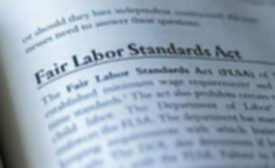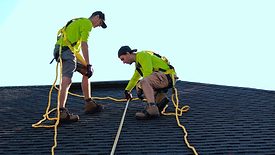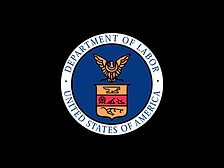Home » Keywords: » Fair Labor Standards Act
Items Tagged with 'Fair Labor Standards Act'
ARTICLES
Federal Workforce Rule Change
Rescinds 2021 independent contractor rule; replaces it with analysis consistent with case law
Read More
Employment Law Dispatch
Contractor Forced to Pay More Than $360K in Damages and Back Wages
Does an employer have an obligation to pay for work “prep”?
Read More
DOL Unveils Updated Independent Contractor Rule
New guidelines will make it more difficult for companies to classify workers as contractors instead of employees
Read More
Get our new eMagazine delivered to your inbox every month.
Stay in the know on the latest roofing industry trends.
SUBSCRIBE TODAY!Copyright ©2024. All Rights Reserved BNP Media.
Design, CMS, Hosting & Web Development :: ePublishing





